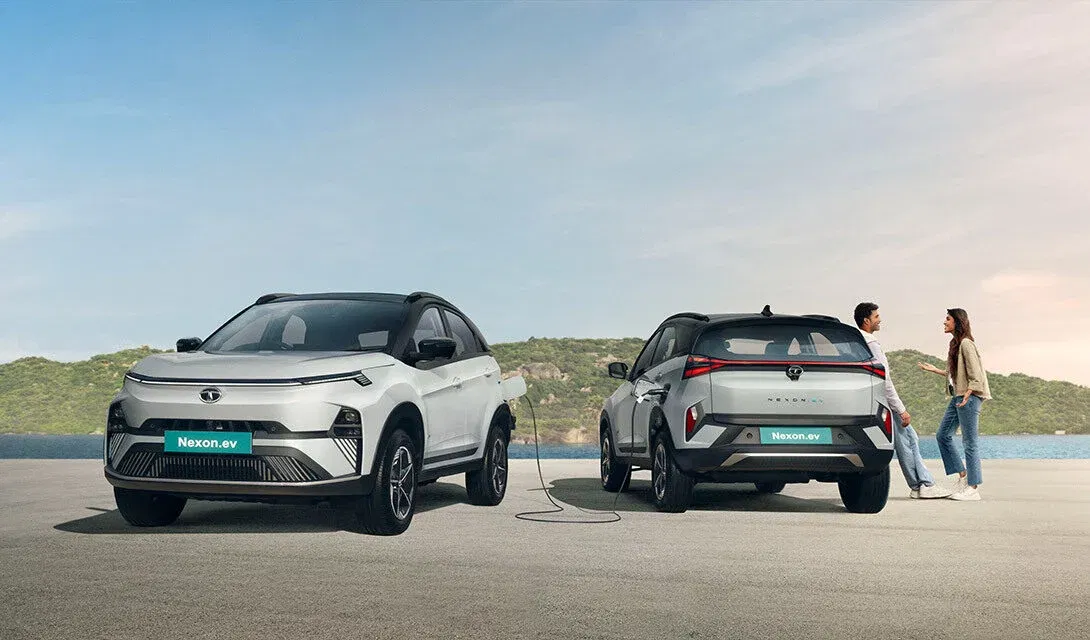The electric vehicle (EV) revolution is rapidly unfolding in India, driven by the government’s push for sustainable mobility and growing consumer awareness. As the market for EVs expands, new business opportunities are emerging across various sectors. Entrepreneurs looking to invest in the EV ecosystem can tap into a range of profitable ventures. Here are the top 10 profitable EV business ideas in India that can help you capitalize on the electric mobility wave.
1. EV Charging Infrastructure
One of the most critical components for the adoption of electric vehicles is a reliable charging network. Setting up EV charging stations in urban areas, highways, and residential complexes presents a lucrative business opportunity. With government support for infrastructure development, entrepreneurs can establish charging hubs and partner with businesses or municipalities to offer convenient charging solutions.
2. Battery Manufacturing and Recycling
Electric vehicles rely heavily on high-capacity batteries, primarily lithium-ion. Setting up a battery manufacturing unit or focusing on battery recycling can be a game-changer. As battery disposal poses environmental challenges, recycling facilities can help recover valuable materials and reduce waste, making it a dual-purpose profitable venture.
3. EV Fleet and Ride-Sharing Services
With the rise of app-based transportation services, establishing an electric fleet for ride-sharing and delivery services is highly profitable. Businesses can lease electric cars and two-wheelers to logistics companies, ride-hailing apps, or corporate fleets. This business model not only cuts down fuel costs but also aligns with environmental sustainability.
4. EV Dealership and Showroom
As the demand for electric vehicles grows, setting up a dedicated EV dealership or showroom can be a profitable venture. Dealers can offer a range of electric cars, bikes, and scooters while providing after-sales services and charging solutions. Partnering with leading EV manufacturers will boost credibility and customer trust.
5. Battery Swapping Stations
Battery swapping technology addresses the issue of long charging times by allowing EV users to quickly replace depleted batteries with fully charged ones. Setting up battery swapping stations, particularly for electric two-wheelers and commercial vehicles, can cater to a growing urban audience. This business model works well in densely populated cities where downtime needs to be minimal.
6. EV Maintenance and Repair Services
Electric vehicles have different maintenance needs compared to conventional cars. Establishing specialized EV maintenance and repair workshops can attract customers looking for reliable and efficient servicing. Investing in skilled technicians and specialized tools will ensure quality service, building a loyal customer base.
7. EV Component Manufacturing
India’s push towards local manufacturing of EV components presents an excellent opportunity. Businesses can focus on producing electric motors, controllers, power electronics, and other critical parts. Setting up manufacturing units for components specifically designed for Indian road conditions will cater to the growing demand.
8. Electric Bike and Scooter Rentals
Urban commuters are increasingly opting for electric scooters and bikes as a cost-effective and eco-friendly mode of transportation. Starting a rental business targeting college students, office workers, and tourists can be a highly profitable venture. Offering flexible rental plans and easy booking options through a mobile app can boost customer engagement.
9. EV Retro-Fitting Services
Converting conventional petrol or diesel vehicles into electric ones is becoming increasingly popular. Setting up a retrofitting service where existing vehicles are upgraded with electric powertrains can cater to customers who wish to transition to electric mobility without buying a new vehicle. Partnering with certified retrofit kit manufacturers can ensure quality and safety.
10. EV Training and Skill Development
The EV industry requires a skilled workforce, from engineers and technicians to sales and support staff. Setting up training centers to provide vocational courses on EV technology, maintenance, and battery management can address this skill gap. Offering certification programs can also attract partnerships with automotive companies and government agencies.
Conclusion: Seizing the EV Opportunity
The electric vehicle industry in India is set to grow exponentially in the coming years. Entrepreneurs who identify the right niche and invest strategically can secure profitable positions within the EV ecosystem. Whether it’s setting up charging stations, manufacturing components, or providing maintenance services, the key to success lies in understanding market trends and consumer needs. As India gears up for an electric future, now is the time to make your mark in the EV business landscape.

